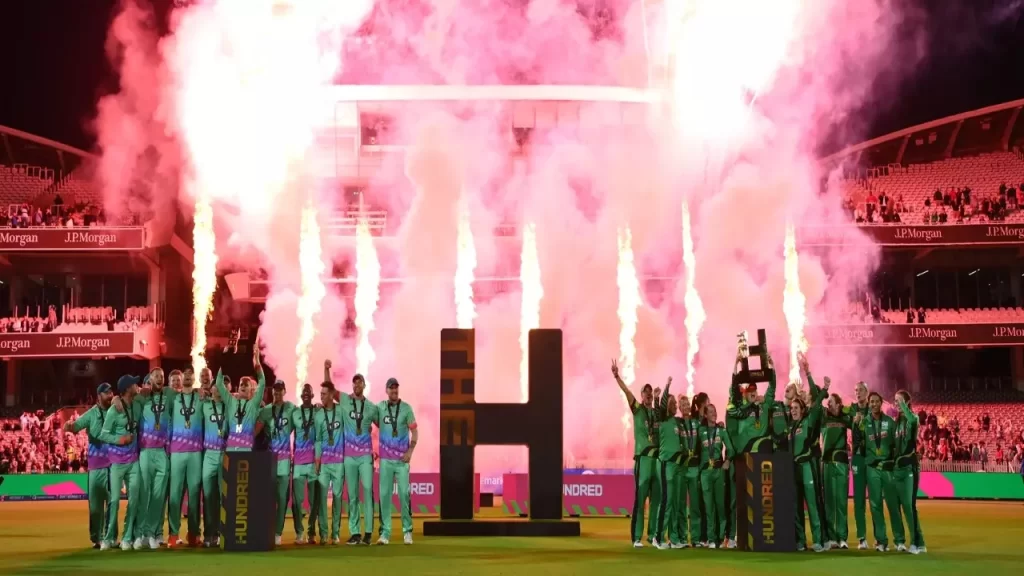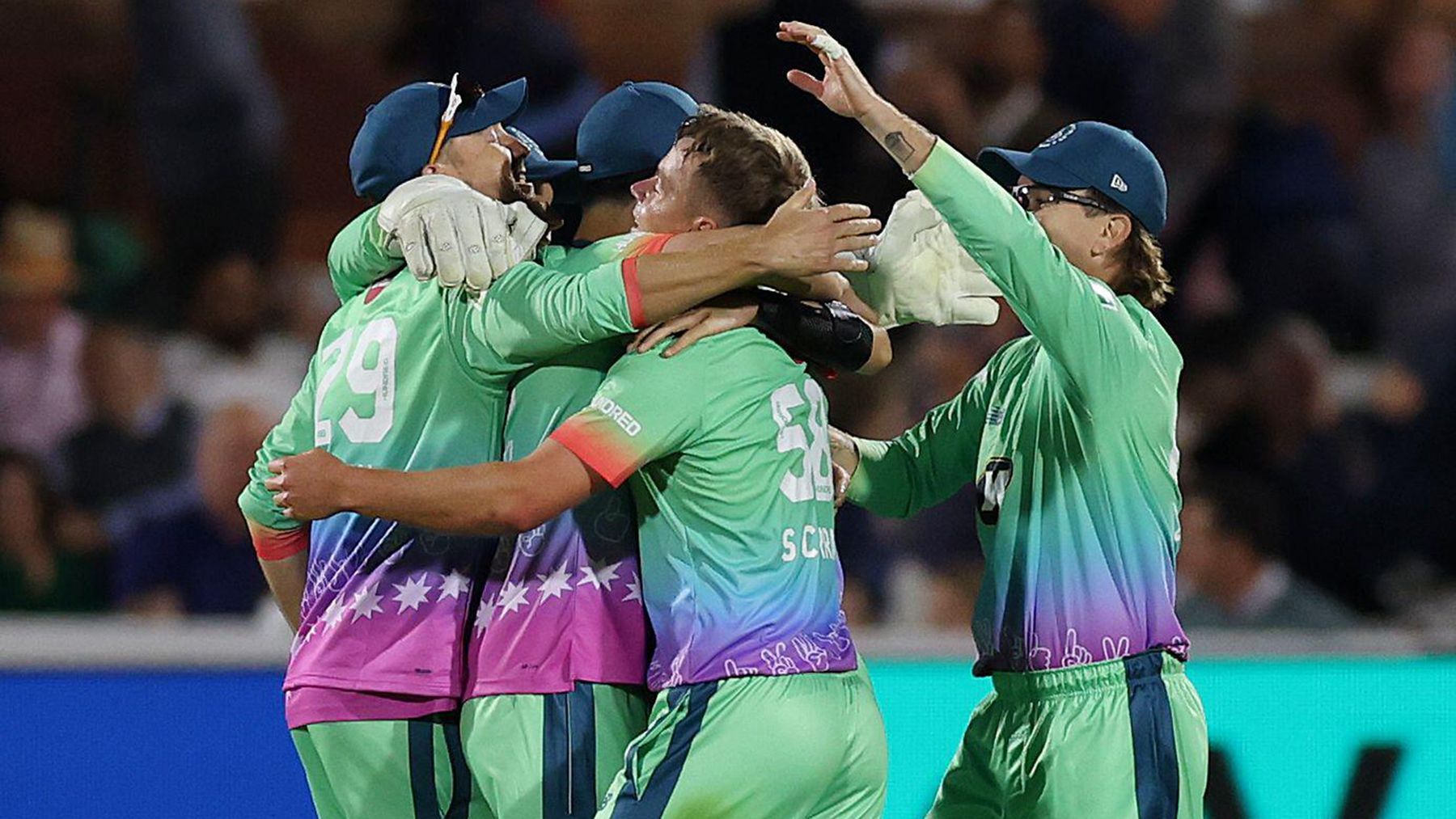The Future of The Hundred: What’s Next for the Innovative Cricket Tournament?
3 min read

The Hundred, a cricket competition that initially challenged traditional norms, has become a staple of British summer cricket. With its fourth edition now completed and plans to sell stakes in all eight teams looming this autumn, the tournament’s future is both promising and uncertain.
Despite some skepticism surrounding The Hundred, its presence has been solidified by notable achievements. This year, the England and Wales Cricket Board (ECB) reported that 540,000 tickets were sold, pushing the total beyond two million over the tournament’s first four years. Importantly, over a million of these were for women’s games, and record crowds were seen at seven of the eight grounds used in 2024.
The Hundred’s goal of attracting new fans to cricket appears successful, with 41% of this year’s tickets sold to families and 30% to newcomers to the sport. This suggests that the competition is achieving its aim of broadening cricket’s appeal. However, TV viewership did decline compared to previous years, likely due to the overlap with the Olympics, which may affect perceptions but not necessarily deter potential investors.
Interest in The Hundred is high, particularly from IPL franchise owners and investors from North America, including Hollywood actor Ryan Reynolds. Each team will have a 51% stake held by its current hosts, with the remaining 49% up for sale by the ECB. This influx of investment is expected to bring significant changes, possibly including rebranding the teams. Thus, we might see new names like London Royals or Oval Capitals rather than London Spirit and Oval Invincibles.
The investment is anticipated to enhance the tournament’s appeal by attracting top international short-format players. This is especially crucial for the men’s competition, which has not yet consistently drawn the leading stars from around the world. While The Hundred has successfully attracted top women players, the men’s league has struggled to compete with other tournaments like the Caribbean Premier League and Major League Cricket in the US. For example, Shaheen Afridi chose Canada’s Global T20 over a deal with Welsh Fire.
The potential partnership with IPL teams could improve The Hundred’s ability to draw stars. However, the competition from emerging leagues in the US and Canada remains strong. To counter this, The Hundred might consider moving away from its current draft system towards an IPL-style auction to set player salaries.
 The draft system has generally been effective in maintaining competitive balance, as evidenced by the successful run of teams like Fire and Spirit. The competitive nature of this year’s tournament was highlighted by three ties and the first Super Five in the men’s Eliminator.
The draft system has generally been effective in maintaining competitive balance, as evidenced by the successful run of teams like Fire and Spirit. The competitive nature of this year’s tournament was highlighted by three ties and the first Super Five in the men’s Eliminator.
The ECB will maintain ownership of The Hundred, and there are no immediate plans to expand beyond the existing eight teams until at least the end of the current broadcast cycle in 2028. This suggests that the 100-ball format will remain in place for the foreseeable future.
However, the unique 100-ball format, which has not been widely adopted outside The Hundred, faces ongoing scrutiny. The persistent success of T20 cricket raises questions about whether adding extra balls and altering formats might be considered.
As the tournament evolves, these upcoming changes and decisions will shape its trajectory. Whether The Hundred will continue to innovate or adapt in response to external competition remains to be seen. The future promises both challenges and opportunities, sparking renewed debate and anticipation among cricket fans and stakeholders.